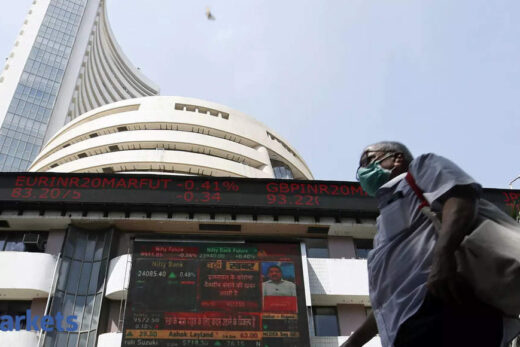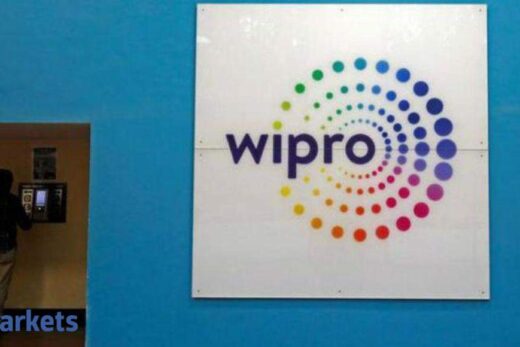In an interview with ET NOW, Arora of Helios Capital said the companies that hit the IPO market in the 1990s were in their early stages of growth, and people like him were acting like private investors.
“These companies were going public very early in their lives when the growth was ahead of them. But most companies today are coming to the market after 10 years of being around. A part of their growth has been squeezed out because of the private funding even before they go public,” Arora said.
He was referring to the companies like Paytm, Zomato, Lava whose IPO plans have kept the primary market abuzz over the past few weeks.
Arora said companies are today coming to the IPO market at much higher valuations. “A large part of the early growth would have already been enjoyed by the private investor. So, this will not be the same,” he said.
On the secondary market, Arora said stocks are today being driven by either by fundamentals or global liquidity, but retail investors believe they are in full control.
“I don’t think some of the stocks deserve to go up, because people are only trading on the headline, they are not reading what has been discounted or what the valuation is,” Arora said.
He said the market has the ability to generate 13-15 per cent returns annually over time. This is because of the equity risk premium, as the debt market historically offers 5-6 per cent return and one can easily expect about 13 per cent return given the economic growth of the country in nominal terms.
Arora said valuations at 70 or 90 multiples are not a big concern in the case of growth companies. He said one thumb rule that he applies to identify growth companies is to see if they are offering goods or services that are underpenetrated.
“If the product or the service of that company is underpenetrated, there is a small chance that that company can grow 20 per cent per annum for 10-15 years. If you look at HDFC Bank when it came in, the market was underpenetrated because the state-owned guys had 100 per cent market share,” he said.
Arora, meanwhile, said he had SBI as the sole PSU in his portfolio and he has not added any other PSU stock as of today. Instead, he has increased stake in SBI.
“It’s easier to buy a more SBI than try to buy new stocks. It has become my second largest or maybe fourth or fifth largest holding now. That’s also because it has appreciated more than other banks. I don’t find the need to buy another bank because the thing with this bank is not that it is a PSU, but it can compete with private-owned banks. Its subsidiaries are very attractive and listed as well. So you can track them,” he said.
He said SBI deserves the valuations of ICICI Bank.
Citing the example of PNB Housing, a home finance firm which was owned 40 per cent by a private equity player, Arora said people believed it is a PSU, and its share price has now surged just because PE players are looking to increase their holding to 51 per cent.
“The discomfort or suspicion with which we look at PSU ownership is very high. There is no point in just directly buying any of them,” he said.
Arora said new-age investors should realise they cannot get rich in one year. “The market is no lottery. If you have a job, it is better to invest your savings in the market, rather than put it in a fixed deposit. If you are young, you can take risk.”



